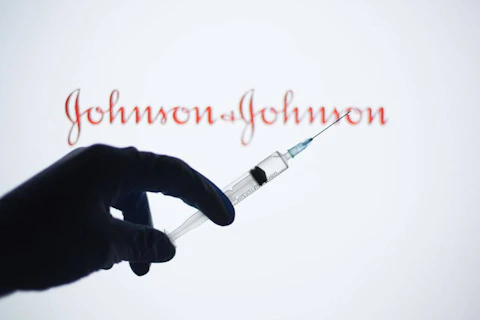If the benefits aren’t renewed, economists say consumer spending will decline more than it did during the Great Recession.
Federal unemployment benefits for individuals who lost their jobs due to COVID-19 ran out last week, and Republicans are still nowhere near passing a bill to fix that.
In contrast, Democrats passed a relief package with a full unemployment extension at $600 per week in May. The latest reporting has Republicans pushing for that benefit to be $400 a week, but they still don’t want to fund schools, child care, the postal service, or state and local governments.
The unemployment lapse means that more than 12 million unemployed Americans will be left without the $600 per week they had been getting from the federal government to help during the economic crisis. Many will struggle to get by without it, as state unemployment benefits are notoriously meager.
The enhancement was passed as part of a wide-reaching package of relief bills back in March. The funding provided individuals with enough money to continue making rent and mortgage payments, pay their grocery bills, and prevent the economy from taking a sharp nosedive as industries across the country close.
In other words, the added unemployment benefits helped keep America’s economy afloat during the spring. But with the benefit expired, the Wall Street Journal reports that consumer spending could fall 4.3% in one month. A decrease of that size would be bigger than any experienced during the Great Recession.
Experts also estimate that cutting the weekly benefit to $200 from $600, as Republicans originally proposed, would lead to a 2.3% spending drop. And at $400 a week, the country would see a 1.4% decline in consumer spending.
“UI beneficiaries spend every penny of the support very quickly on necessities that generate other economic activity and jobs,” said Mark Zandi in an interview with the Wall Street Journal. Zandi serves as chief economist at Moody’s Analytics.
Now jobless Americans are forced to wait for Republicans to find something they can pass as the next round of coronavirus relief. But so far, there is no agreement in sight.
“We still have a long ways to go,” said Mark Meadows on CBS’ “Face the Nation” over the weekend. “I’m not optimistic that there will be a solution in the very near term.”
Democrats rolled out a comprehensive bill back in May to address things like unemployment benefits and health care. They have expressed frustration that Republicans waited so long to propose their own plan, and then tried to offer a short-term solution.
Republican lawmakers have suggested creating a temporary fix for federal unemployment assistance until lawmakers can reach a larger agreement, but Democrats argue that another stopgap measure would place the country in the same position in a few months.
Despite Republicans’ opposition, research shows that increasing unemployment benefits from the federal government did not stop Americans from returning to the workforce.
And people are facing challenges in addition to unemployment benefits. Just as federal unemployment benefits ran out at the end of July, thousands of Americans faced eviction from their homes as federal, state, and local moratoriums on evictions expired. Republicans are opposing the Democrat’s extension of that moratorium.
Another sticking point is funding for state and local governments that have seen an incredible loss of revenues during the pandemic. Democratic leaders want to provide over $1 trillion to support local governments but Republicans call that demand a non-starter.




